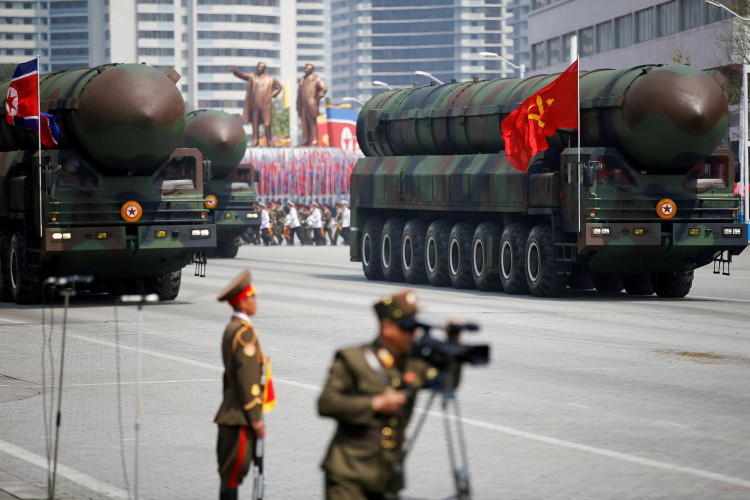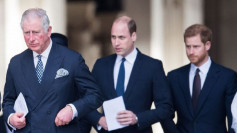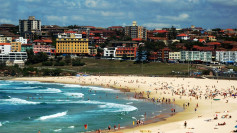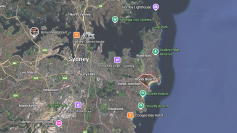During a recent meeting with national security officials, according to the Washington Post, the Trump administration debated whether to carry out the first US nuclear test explosion -- after almost three decades.
According to media, the possibility of restarting nuclear testing emerged in a meeting with officials from top national security agencies on May 15, after China and Russia were accused of performing low-yield nuclear experiments - claims both countries rejected.
Top US officials have debated on whether to perform the nuclear tests in 28 years as its way of pressuring Beijing and Moscow to make a trilateral arms control agreement, congressional aides and former officials revealed.
The officials disclosed that the meeting took place during a gathering of deputies of top national security officials in Washington on 15 May, but that the plan was suspended for the time being.
Such a test would be a critical departure from American defense mandate and substantially raise the bar for other nuclear-capable countries. An analyst said that if the US were to proceed with the nuclear test, it would be viewed as a "starting gun" to a new level of nuclear arms race.
Following a heated exchange of assertions among senior security officials, the meeting wrapped up without nary a concurrence. Nevertheless, a top Trump administration official was quoted as saying, as reported by Sophia Ankel of the Business Insider, that the plan is "very much an ongoing conversation."
Nuclear non-proliferation activist groups were quick to criticize the proposal. Daryl Kimball, executive director of the Arms Control Association, in the same report, disclosed to The Post that such a test would be an "invitation for other nuclear-armed countries to follow suit."
The deputies panel discussion has come at a period when arms control is at risk of perishing altogether. The Trump administration has withdrawn from three arms control deals, the latest this week with a declaration Washington will back out of the Open Skies Treaty, which allows Russian and western countries to hold observation overflights of each other's territories.
Kimball also pointed out that the move would also likely derail negotiations with North Korean leader Kim Jong-Un, who could no longer feel compelled to stand by his postponement on nuclear testing.
The Comprehensive Test Ban Treaty that bans nuclear explosions was approved by the US and four other officially- recognized nuclear weapons countries in 1996. However, the US Senate did not uphold the treaty in a vote. Performing nuclear test explosions could end the agreement, and reignite fears of a new global arms competition.






